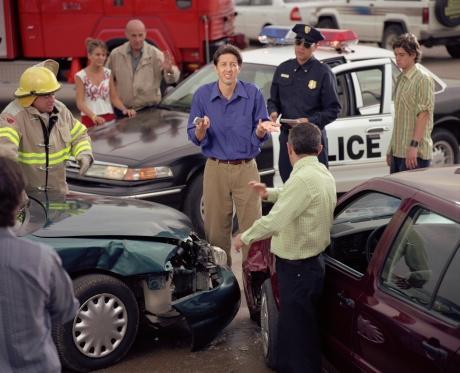Historically, Florida has had major problems with hit-and-run accidents. Year after year, about 25 percent of all crashes that occur in the state involve a driver leaving the scene. While most of these hit-and-run crashes only result in damaged vehicles or property, they can be deadly in some cases.
Florida Highway Safety and Motor Vehicles implemented a “Stay at the Scene” campaign in response to this ongoing problem. The state has also introduced legislation in recent years to punish hit-and-run drivers.
In July 2014, the Aaron Cohen Life Protection Act was signed into state law. Cohen was a cyclist and father who was killed in an accident by a drunk driver who fled the scene. That driver was eventually caught and sentenced to two years in prison — a lighter sentence than what the driver would have served for a DUI manslaughter conviction. The updated law requires a minimum of four years in prison for those convicted of fleeing an accident resulting in death.
Florida’s hit-and-run penalties
Below is a quick look at hit-and-run penalties as they currently exist in Florida, including the revised rules for hit-and-run fatalities under the act:
- Property damage: A hit-and-run accident resulting in property damage is classified as a second-degree misdemeanor and is punishable by up to 60 days in jail and a $500 fine.
- Injuries: A hit-and-run accident resulting in injuries is classified as a second- or third-degree felony, depending on the circumstances of the crash. It is punishable by up to five years in prison and a $5,000 fine.
- Death: A hit-and-run accident resulting in death is classified as a first-degree felony. It is punishable by a revoked license for a minimum of three years, at least four years in prison (and up to 30 years) and a $10,000 fine.
To learn more about your legal options if you or a loved one has been injured in a hit-and-run crash, contact a skilled Florida personal injury lawyer at Largey Law.


